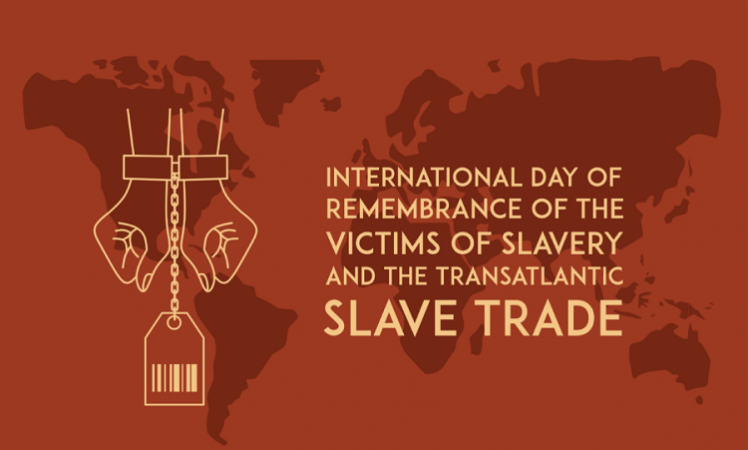
What is International Day for the Remembrance of the Slave Trade and its Abolition? Every year on August 23, the world comes together to commemorate the International Day for the Remembrance of the Slave Trade and its Abolition. This significant international observance, designated by UNESCO, serves as a solemn reminder of the horrors of the transatlantic slave trade while also honoring the courage, resilience, and determination of those who fought for freedom and justice. The date holds special significance as it marks the beginning of a historic uprising in Haiti, which played a pivotal role in bringing an end to the transatlantic slave trade.
Historical Context: The Transatlantic Slave Trade
The transatlantic slave trade, spanning over four centuries, is one of the darkest chapters in human history. Millions of Africans were forcibly uprooted from their homes, families, and cultures and subjected to inhumane conditions as they were transported across the Atlantic Ocean to work as slaves in the Americas and other parts of the world. The trade dehumanized individuals, treating them as commodities to be bought and sold. It left a painful legacy of suffering, exploitation, and generational trauma that still affects descendants today.
The Uprising in Haiti and the Road to Abolition
August 23 is a date forever etched in history due to its connection to the successful uprising in Haiti that ultimately led to the abolition of the transatlantic slave trade. The Haitian Revolution, often regarded as the only successful slave revolt in history, began on August 23, 1791. The uprising, fueled by a desire for freedom and equality, was a response to the oppression and brutality faced by enslaved Africans on the French colony of Saint-Domingue (now Haiti).
Led by Toussaint Louverture, Jean-Jacques Dessalines, and other courageous leaders, the Haitian Revolution challenged the very foundations of colonial power and slavery. Through years of struggle, resilience, and armed resistance, the enslaved people of Haiti managed to overthrow their oppressors and pave the way for the establishment of the first independent Black republic in 1804.
Commemoration and Reflection
The International Day for the Remembrance of the Slave Trade and its Abolition serves as a moment for global reflection, education, and remembrance. It is a time to acknowledge the pain and suffering endured by enslaved individuals, while also recognizing their strength and the legacy of resistance they left behind. By acknowledging the atrocities of the past, we can work towards ensuring that such horrors are never repeated in the future.
Educational institutions, museums, cultural organizations, and individuals around the world participate in various activities on this day. These activities include exhibitions, seminars, lectures, film screenings, and artistic performances that highlight the history of the transatlantic slave trade, its impact on societies, and the ongoing fight against racism and discrimination.
Continuing the Fight
While the abolition of the transatlantic slave trade was a significant milestone in the struggle for human rights and equality, the legacies of slavery and systemic racism persist in many forms. The International Day for the Remembrance of the Slave Trade and its Abolition not only commemorates history but also serves as a call to action. It urges us to address the ongoing challenges of racial injustice, discrimination, and inequality that continue to plague societies worldwide.
In commemorating this day, we honor the memory of those who suffered and celebrate the triumph of the human spirit over adversity. By understanding the past, acknowledging its impact, and actively working toward a more just and equitable future, we pay tribute to the enduring legacy of those who fought for freedom and equality during the darkest days of the transatlantic slave trade.